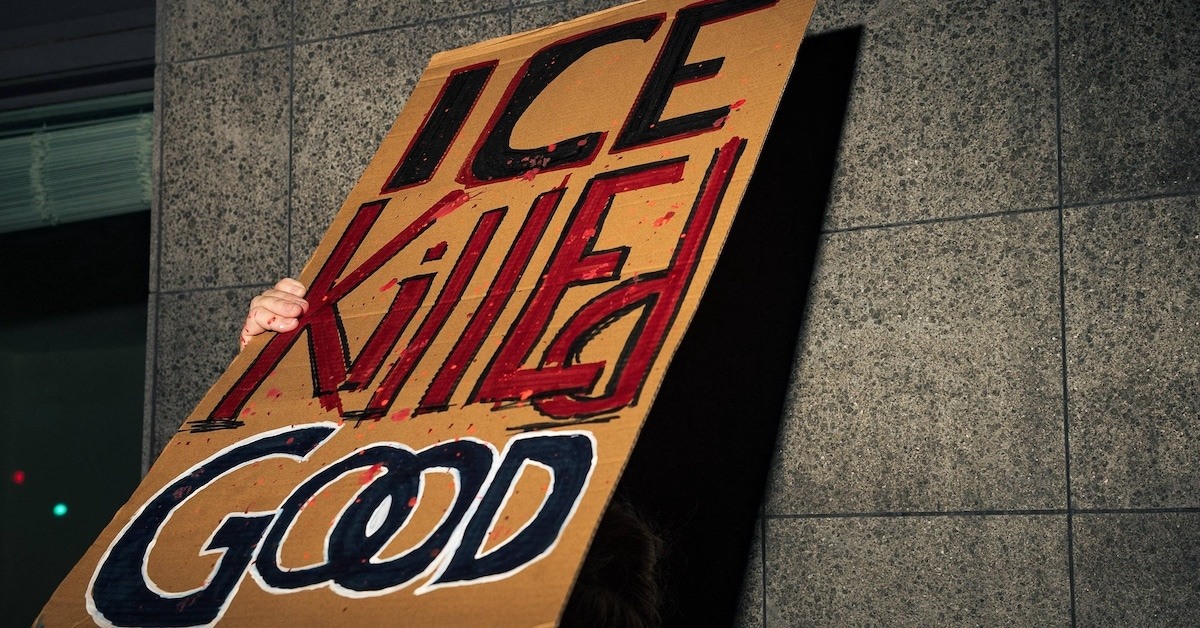BY: Denver Sean
Published 3 years ago

Jim Brown, known one of the greatest players in pro football history died on Thursday night at the age of 87.
Prior to his passing, Jim had an illustrious career in football, Hollywood, and as a civil rights activist.
He was also known as an alleged serial abuser.
via NYT:
Playing for the Browns from 1957 to 1965 after earning all-American honors at Syracuse University in football and lacrosse, Brown helped take Cleveland to the 1964 National Football League championship.
In any game, he dragged defenders when he wasn’t running over them or flattening them with a stiff arm. He eluded them with his footwork when he wasn’t sweeping around ends and outrunning them. He never missed a game, piercing defensive lines in 118 consecutive regular-season games, though he played one year with a broken toe and another with a sprained wrist.
“All you can do is grab, hold, hang on and wait for help,” Sam Huff, the Hall of Fame middle linebacker for the Giants and the Washington team now known as the Commanders, once told Time magazine.
Brown was voted football’s greatest player of the 20th century by a six-member panel of experts assembled by The Associated Press in 1999. A panel of 85 experts selected by NFL Films in 2010 placed him No. 2 all time behind the wide receiver Jerry Rice of the San Francisco 49ers.
He was inducted into the Pro Football Hall of Fame in 1971, the Lacrosse Hall of Fame in 1984 and the College Football Hall of Fame in 1995.
Brown was still in top form and only 30 years old when he stunned the football world in the summer of 1966 by retiring to pursue an acting career.
He had appeared in the 1964 western “Rio Conchos” and was involved in the shooting of the World War II film “The Dirty Dozen” in England, with plans to attend the Browns’ training camp afterward. But wet weather delayed completion of the filming. When he notified Art Modell, the Browns’ owner, that he would be reporting late, Modell said he would fine him for every day he missed camp. Affronted by the threat, Brown called a news conference to announce that he was done with pro football.
When the modern civil rights movement gained momentum in the 1950s, few elite athletes spoke out on racial issues. But Brown had no hesitation.
Working to promote economic development in Cleveland’s Black neighborhoods while playing for the Browns, he founded the Negro Industrial and Economic Union (later known as the Black Economic Union) as a vehicle to create jobs. It facilitated loans to Black businessmen in poor areas — what he called Green Power — reflecting his long-held belief that economic self-sufficiency held more promise than mass protests.
In June 1967, Brown invited other leading Black athletes, most notably Bill Russell and Lew Alcindor (the future Kareem Abdul-Jabbar), to the office of his Economic Union to hear Muhammad Ali after Ali had been stripped of his heavyweight boxing title and faced imprisonment for refusing to be drafted in protest over the Vietnam War.
In what came to be called the Ali Summit, viewed as a watershed for the development of racial awareness among athletes, Brown and the others at the session publicly voiced their support for Ali.
By the early 1970s, Brown’s Economic Union had largely faded. But in the late 1980s he founded the Amer-I-Can Foundation to teach basic life skills to gang members and prisoners, mainly in California, and steer them away from violence. The foundation expanded nationally and remains active.
Handsome with a magnificent physique — he was a chiseled 6 feet 2 inches and 230 pounds — Brown appeared in many movies and was sometimes cited as a Black Superman for his cinematic adventures.
“Although the range of emotion Brown displayed onscreen was no wider than a mail slot, he never embarrassed himself, never played to a demeaning stereotype of the comic patsy,” James Wolcott wrote in The New York Review of Books in his review of Dave Zirin’s 2018 biography, “Jim Brown: Last Man Standing.” He called Brown “a rugged chassis for a more self-assertive figure, the Black uberman.”
One of Brown’s best-remembered roles was in “The Dirty Dozen” (1967), in which he played one of 12 convicts assembled by the Army for a near-suicide mission to kill high-ranking German officers at a French chateau in advance of the D-Day invasion of Normandy. He next played a Marine captain in the Cold War thriller “Ice Station Zebra” (1968).
In 1969, his character was shown having sex with Raquel Welch’s character in the western “100 Rifles,” the first major Hollywood film depicting a Black man making love to a white woman.
Brown was “becoming a Black John Wayne; or maybe John Wayne with just a hint of Malcolm X thrown in,” Gloria Steinem wrote in New York magazine in 1968. She quoted him as saying: “I don’t want to play Negro parts. Just cool, tough modern men who are also Negroes. And not good guys all the time.”
But Brown had a problematic personal life.
He was arrested more than a half-dozen times, in most cases when women accused him of violent behavior, at a time when prominent men like athletes, actors and political figures were generally not held accountable for purported transgressions against women.
Brown was never convicted of a major crime. In some instances the accusers refused to testify, and in others he was exonerated by juries.
The first accusation against Brown was lodged in 1965, when an 18-year-old woman testified that he had assaulted her at a Cleveland motel. Brown denied the allegation and was found not guilty in a jury trial. A year later, the woman filed a civil paternity suit claiming that Brown had fathered her baby daughter. The jury found in his favor.
In June 1968, the police, arriving at Brown’s Hollywood home after a neighbor phoned to report a disturbance, found his 22-year-old girlfriend, Eva Bohn-Chin, a model, lying bloodied and badly injured on his patio. They suspected that Brown had thrown her off his second-story balcony. He said she had fallen. Ms. Bohn-Chin refused to testify, which resulted in the dismissal of an assault charge. Brown paid a $300 fine for interfering with a police officer who had been seeking entrance to his home.
Brown’s wife, Sue Brown, with whom he had three children, obtained a divorce in 1972.
May he rest.










